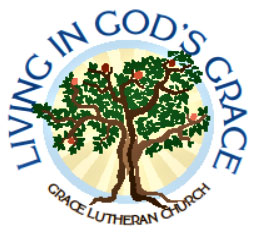Who is God? What is God? While we can never see God’s face, the Hebrew scriptures give us a word that describes an essential part of God’s character. That word is hesed (pronounced with a guttural sound at the beginning), which has been called the most important word in the Bible.
Hesed appears about 250 times in the Old Testament, half of which occur in the Book of Psalms. But there is a problem: English cannot even come close to providing a good translation of this word. The best we can do is “steadfast love.” Various translations also have it as “loyal love,” “covenant love,” “unfailing love,” and “loving-kindness.”
These are inadequate because hesed this is not a word merely describing God’s character, but the nature of God’s relationship with the people of Israel (meaning with us.) Hesed tells us that this relationship is based in a covenant, a secure promise, but it also denotes action expressed by one party for the benefit of another “without respect to the advantage it might bring to the one who expresses it,” as one writer has put it.
In other words, God always remains faithful to us even when we are unfaithful to God. The New Testament renders this quality this as “mercy.” The Bible’s best-known text, Psalm 23, hinges on hesed. Verse 6 actually reads: “Surely [your] goodness and hesed will follow me all the days of my life….”
As the Hebrew prophets and psalmists knew very well, God’s vow of hesed is one worth living by. God’s love is higher, vaster, deeper than we can ever hope to understand, so there is no point in trying to grasp it through reason. The invitation of faith is simply to accept the unbelievable–that God is indeed a God of mercy. The forgiveness of sin that lies at the heart of mercy restores us into fellowship with God and with one other, as human beings can also be vehicles of hesed for each other. Without forgiveness, bonds are forever broken. If we cannot forgive ourselves our bond with God is broken. If we cannot forgive others our bond with them is broken.
The incomparable benefit of the Christian faith is that this forgiveness comes to us in the person of Jesus Christ, one who is like us in every way but without sin, the one whose death and resurrection embodies God’s profoundly inexpressible love for us. As we heard recently in Hebrews 4:14, “Therefore, since we have a great high priest who has ascended into heaven, Jesus the Son of God, let us hold firmly to the faith we profess.” It’s as simple as saying “I believe.”
Yours in the peace of Christ,
Pastor Raabe
